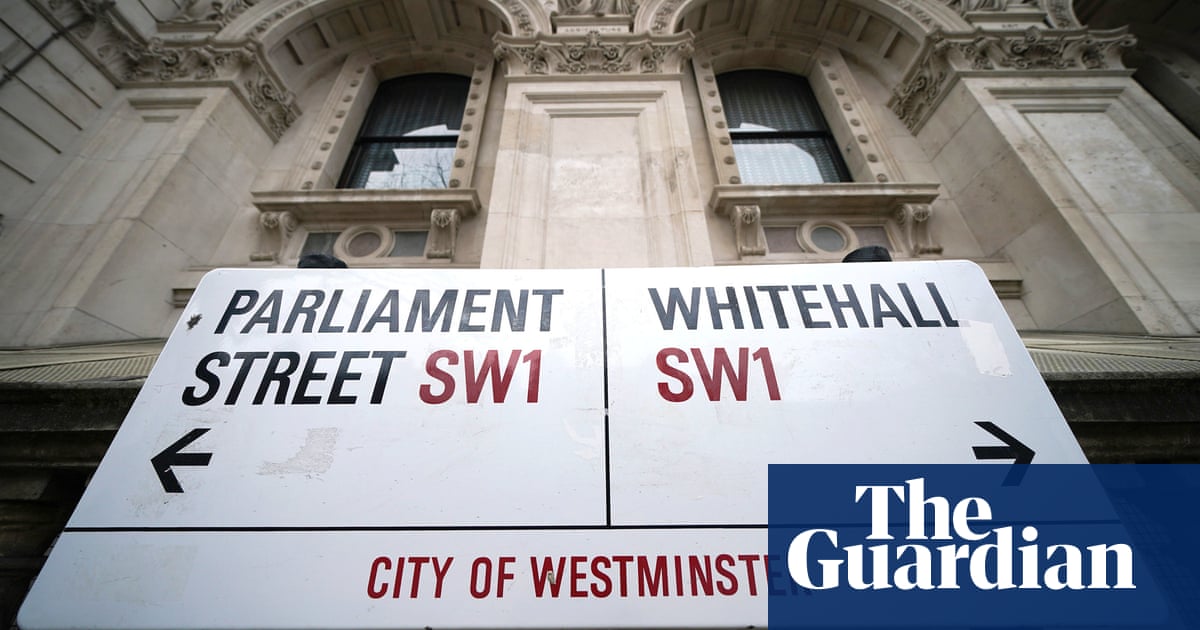
The FTSE 100 has closed above 7,000 for the first time since the Covid-19 pandemic triggered a collapse in global markets last year, driven by rising hopes for the world economy after record growth in China.
The index of leading UK company shares ended the day up 36 points on Friday, or 0.5%, at 7,019, the highest level since late February 2020 when the first wave of Covid-19 sent shock waves through financial markets around the world.
On a day of rising optimism among financial investors, the Dow Jones industrial average closed up 0.5% at another record high of 34,201 points helped by a 19.4% rise in new housing starts in the US. The S&P500 also closed at a new record of 4,185.47 points.
In Europe, Germany’s DAX 30 index closed up 1.3% and France’s CAC 40 gained 0.9%.
The domestically focused FTSE 250 index of UK company shares hit a record high, ending the day up 0.2% at 22,522, boosted by travel and leisure stocks amid hopes for a boom in consumer spending as lockdown measures are relaxed.
The fresh momentum came as China’s economy continued its recovery from the pandemic with record growth of 18.3% in the first quarter of 2021, according to official figures. Buoyed by rising factory output, analysts said the figures demonstrated the prospects for a stronger recovery in the world economy and rising demand for raw materials.
Mining companies and oil producers were in demand on the FTSE 100. Evraz, the natural resources firm, was the biggest riser on Friday, finishing the day up almost 4%, while shares in banks also rallied.
The recovery in the FTSE 100 comes against a backdrop of accelerating growth in the world economy, fuelled by the coronavirus vaccine programme and the easing of restrictions in several large economies.
Retailers standing to benefit from a rise in consumer spending after lockdown rose on the FTSE 100, including Tesco and Next. Shares in travel and tourism companies also gained on the FTSE 250, with the airline easyJet up by 0.5% and the holiday firm Tui gaining by a similar amount. WH Smith, which runs shops at airports and railway stations, finished the day up 1.5%.
Although having broken the psychologically important 7,000 barrier, the FTSE 100 remains more than 500 points below its level at the start of last year and has lagged behind several other big markets, including the Dow Jones and Japan’s Nikkei.
The London market has more mining companies and oil firms that have suffered from weaker global demand during the Covid crisis until now, and fewer big technology companies that have ridden the wave of an investment boom.
Steve Clayton, a fund manager at the stockbroker Hargreaves Lansdown, said: “The UK market has been something of a laggard, compared to international markets on both sides of the Atlantic.
“But today the FTSE100 has passed a big milestone, rising through 7,000 for the first time since the pandemic sent it tumbling a year ago. Investor confidence in economic recovery is rising as governments roll out stimulus packages and business confidence surveys are hitting highs.”
Analysts said evidence of strong global growth in the US and China was propelling stock markets higher, with hopes that the vaccine programme would keep a lid on infection rates and allow a faster return to relative normality.
However, rising infections and renewed lockdown measures would rapidly curtail progress. There are also concerns over renewed geopolitical tensions as the US imposes sanctions on Russia, and fears that faster economic growth could trigger a bout of inflationary pressure, leading to higher central bank interest rates putting a brake on growth.
The recovery in global markets came after China reported strong growth across all sectors. In March the country’s industrial output rose 14.1% year on year, bringing first-quarter growth to 24.5%, the official data showed. Retail sales surged 33.9% in the three months.
China’s was the only major economy to grow at all in 2020, supported by industrial activity and better-than-expected exports as the virus hit markets around the world.
While coronavirus first emerged in central China in late 2019, the country was also the quickest to bounce back after authorities imposed strict control measures and consumers stayed at home.












